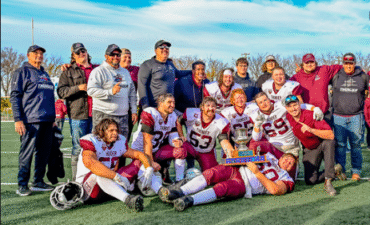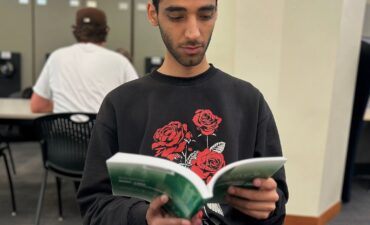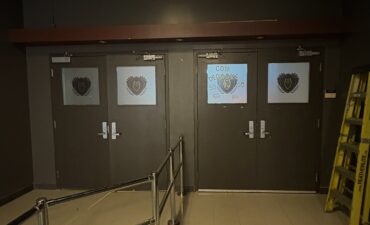
Applications for day school survivors are open as of August 19, 2019.
Day schools opened in the early 1920s, and children who attended were able to go home to their families every day, but the events that happened in the day were harmful for some.
They were operated on First Nations reserves, but the teaching faculty was similar to or the same groups that were operating the residential schools. There are many reports of physical and emotional abuse at both the residential schools and day schools.
“Even though they operated during the day and the kids were going back home, a lot of abuse has still happened within those schools,” said David Pratt, Second Vice-Chief of the Federation of Sovereign Indigenous Nations.
CBC estimates that 150,000 students attended residential schools in Canada, and the number is much higher for the students who were made to attend day school. Now there’s an opportunity for restitution. Anyone who suffered abuse at day schools can apply for compensation from the federal government.
Silas Gardipy, a resident of Beardy’s & Okemasis First Nation, attended Beardy’s Day School in 1976 for preschool and 1977 for kindergarten. It was all he knew.
“We weren’t treated properly, but at least this way you got to go home every day,” said Gardipy.
Gardipy then attended residential school until transferring down the road to Stobart Community School and graduating high school in 1988. Today he works at the Willow Cree Healing Lodge in Beardy’s & Okemasis First Nation.
“People remember the trauma,” said Gardipy. “We were brought up so loving, [so] for us to experience trauma like that it seems to stick with us really long. It’s such a clear, vivid memory of first time experiencing violence like that.”
He was five when he first witnessed violence at the day school.
Gardipy encourages everyone to learn about day schools and residential schools. He said it’s not like fairy tales or myths, and that it was not proper for children to be treated as they were.
“We’re getting our voice,” said Gardipy. “It was taught to us in school like social studies and history, it was always about Europeans and colonization.”
“Nothing was hardly ever spoken to us about our history and our values and traditions.”

Indian Day Schools are separate from residential schools because it was not a boarding school. The survivors were not included in the 2006 Indian Residential Schools Settlement Agreement.
Pratt attended Muscowpetung Day School for one year.
“Canadians and society needs to be aware of the issues that our people suffered within their attempt at assimilating us, and all the damages that have affected upon our people and continues to affect and impact our communities,” said Pratt.
Applicants are encouraged to seek support as this process continues, as well as hiring a private lawyer for additional help or support. Day school settlement applications are being accepted until July 13, 2022.
Emotional support is available 24 hours through Hope for Wellness, and the toll free line is 1-855-242-3310.
The complete application can be found at: https://indiandayschools.com/en/wp-content/uploads/indian-day-schools-claim-form-en.pdf?gclid=EAIaIQobChMIhKzghK2k5wIVxBx9Ch3B1QM0EAAYASAAEgKq_PD_BwE
For information with the application, feel free to contact your local band office, or Deloitte:
Toll free: 1-888-221-2898
Website: https://www.classaction.deloitte.ca/en-ca/Pages/indiandayschoolsclaims.aspx
Email: indiandayschools@deloitte.ca.














